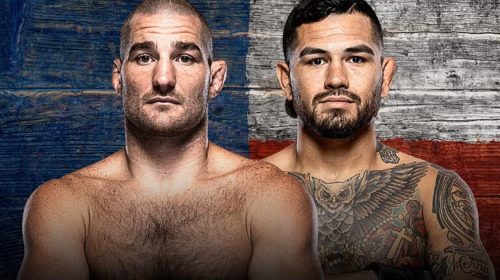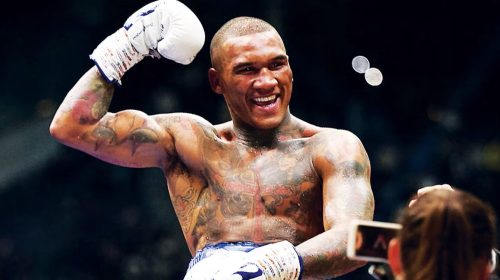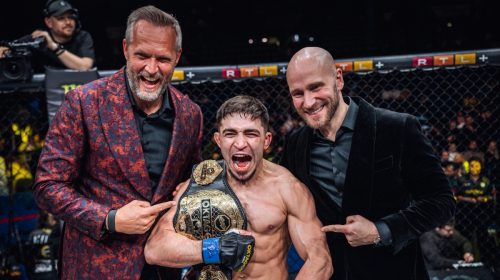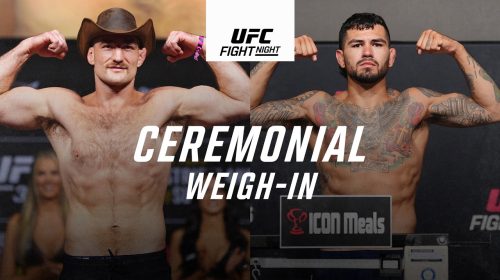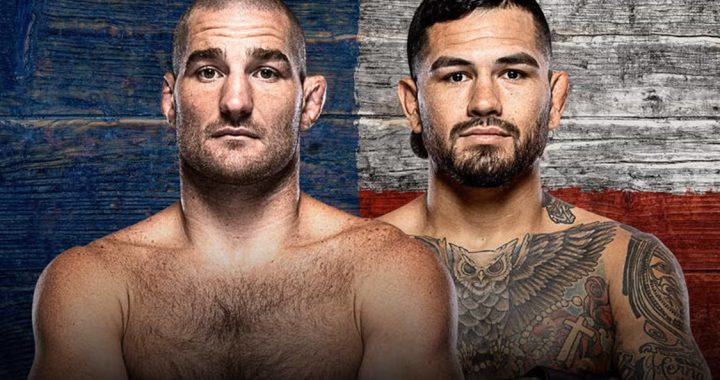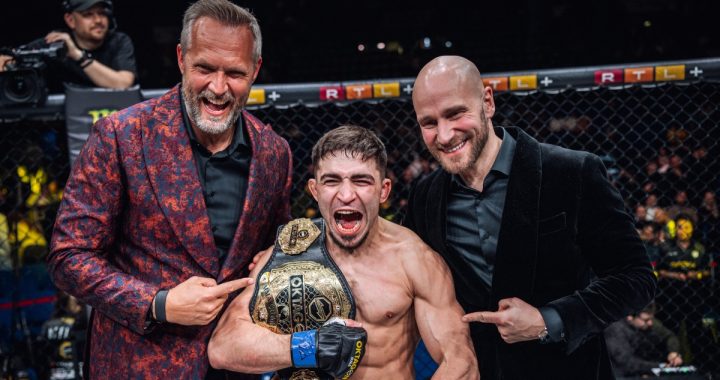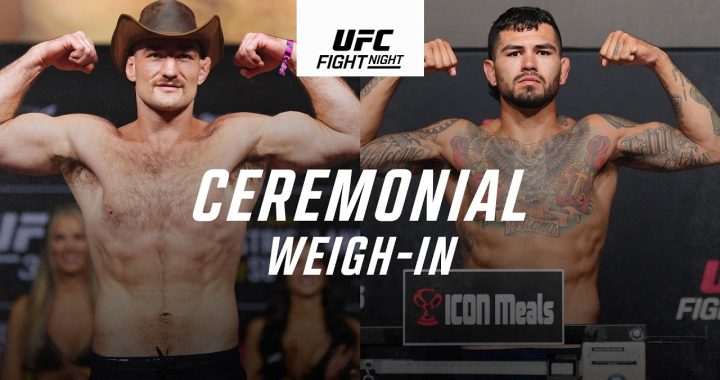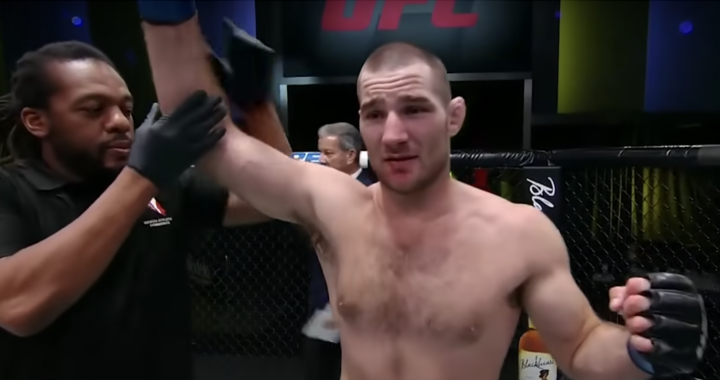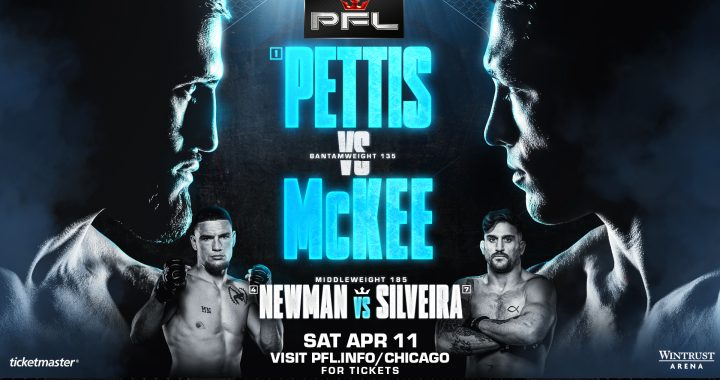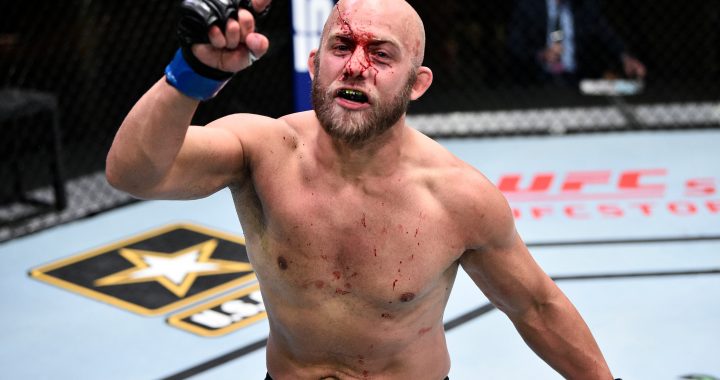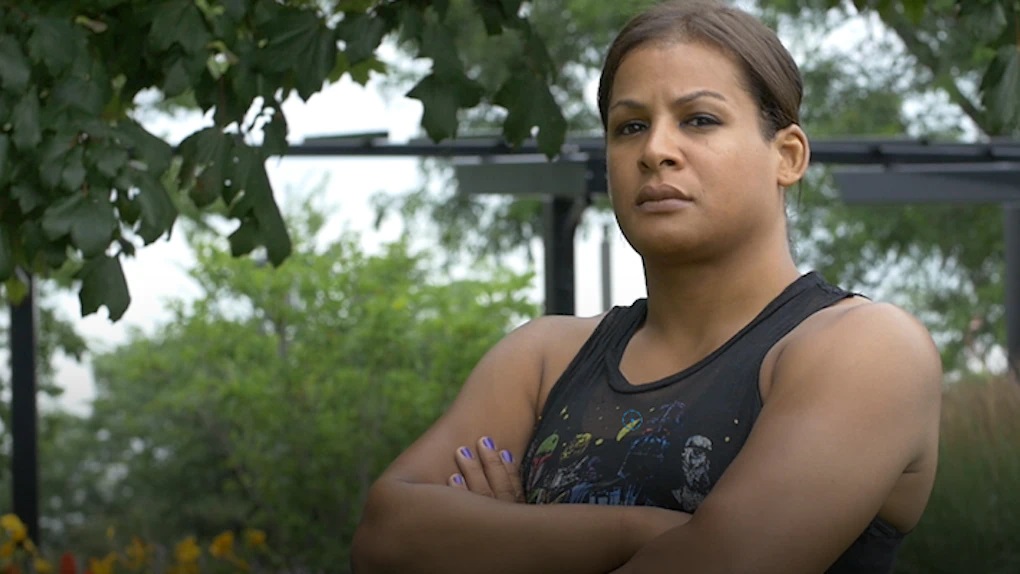
Fallon Fox - transgender mixed martial artist
IMMAF working to evolve its policy and guidelines on the safe inclusion of transgender athletes
PRESS RELEASE BELOW REGARDING IMMAF’S INCLUSION OF TRANSGENDER ATHLETES
On Monday, September 5, the International Mixed Martial Arts Federation hosted its 2022 IMMAF Thought Leadership Event on Transgender Policy Implementation in Combat Sports in a virtual panel session for its member federations and invitees from across combat sports.
CURRENT IMMAF POLICY [ 2021]
IMMAF has had a provisional policy in place since 16 March 2021 that does not permit transgender inclusion in existing male and female competition categories on a safety basis. The current policy states:
“The scientific evidence currently available is compelling enough to prevent Transgender athletes from competing at IMMAF Competitions because the risks of injury and unfair competition are too great…… The scientific evidence in relation to the effects of testosterone suppression treatment shows that those effects are not significant enough for IMMAF to permit Transgender athletes to compete at IMMAF Competitions based on testosterone suppression.”
However, IMMAF is committed to inclusion and a dedicated cross-committee task force is working to evolve its policy and guidelines on the safe inclusion of transgender athletes at both recreational and competitive levels.
THOUGHT LEADERSHIP SESSION & PANEL SPEAKERS
IMMAF’s thought leadership session examined the unique considerations that combat sports face, as contact sports in which the aim is to render an opponent unable to continue and in which concussion risk is a factor. The discussion considered recreational and competitive contexts and sought to examine potential technical, practical, legal, medical and ethical requirements to opening categories in which transgender athletes might safely compete.
Led by IMMAF’s Integrity and Anti-Doping Consultant, Michele Verroken of Sporting Integrity, the panel included the following speakers:
• Cathy Devine: Independent Researcher who specialises in justice, equality and human rights in sport policy
• Martin Dahlstrøm: Transgender, male MMA athlete with the Norwegian MMA Federation; National Champion and national team member
• Jon Pike: Senior lecturer in Philosophy and Ethics in Sport at the Open University
• Susanne Karrlander: Chairperson of the Women’s Commission EUBC Boxing Confederation
• Marc Goddard: IMMAF Director of Regulatory Affairs; UFC referee; Brazilian jiu jitsu practitioner
• Andrew Moshanov: IMMAF Director of Development; formerly Head of Development for International Sambo Federation and Technical Director of the British Judo Association
SUMMARY
Researcher Cathy Devine spoke over pre-recorded video presenting the science that supports IMMAF’s existing policy with priority given to athlete safety, followed by competitive fairness. She also addressed issues of democracy and human rights pertaining to all stakeholders.
The ensuing session raised many questions for consideration by IMMAF’s Transgender Inclusion Taskforce as it advances policy development in this area.
Salient points emerging from the discussion included:
• Since IMMAF is committed to protecting the female category, is the eventual solution that a) the male category becomes an open category or b) the male category remains closed and additional categories are introduced?
• Should the (closed) male category be open to transgender males and what would the specific considerations be (including safety, anti-doping etc.)?
• Would additional categories need some kind of points system as utilised in paralympic sports (e.g., to distinguish pre/ post-puberty transitioning or the stage of transition)? The accepted precedent of weight, sex and age categories in martial arts were referred to.
• The renaming of all categories was discussed with respect to not misgendering individuals.
• Each of the suggested routes carried the need for additional testing and safety measures, as well as sex verification. Logistical and operational considerations were raised.
• The distinction was made between the context of a fight and that of sparring in gyms, where mixed training between sexes, ages and weight categories is commonplace, and which IMMAF licensed coaches are already trained to manage safely.
• If transgender men were to be permitted to compete in male categories, the onus of duty of care and liability on doctors, referees and other officials was acknowledged, as was the potential need for consent from the opponent.
• The real-life track record of transgender athletes and cross-sex matches in professional MMA (outside IMMAF’s jurisdiction) was referred to; along with the potential risk to the sport as a whole as a result of heightened risk to athlete safety. This was contextualised in the already prevalent danger of mismatches, according to other criteria, in unregulated MMA
• Cultural challenges and change management were discussed.
• Ethical considerations were outlined by Jon Pike
Michele Verroken commented: “We were keen to hold this event in order to progress discussions our thinking on the subject in combat sports in a meaningful way, since there is currently no public dialogue in this space. It is crucial that stakeholders can discuss the topic openly and pragmatically to find solutions that are practically implementable so that we can provide access to safe and fair combat sports to all.”
